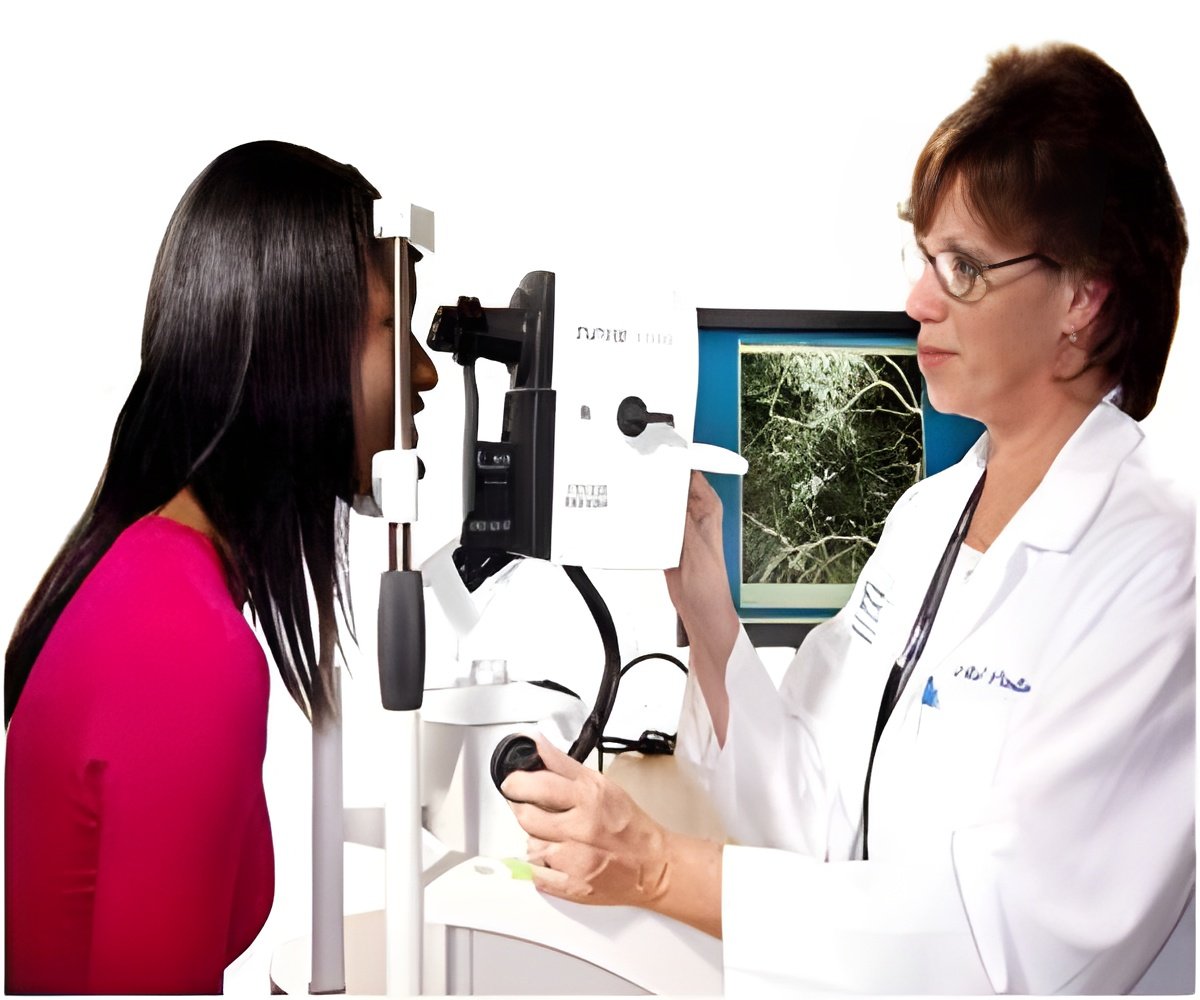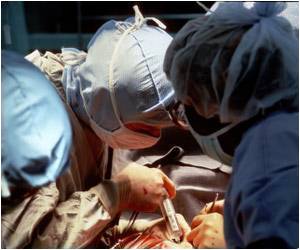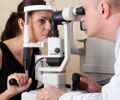A study finds preoperative consultations before cataract surgery became more common for Medicare patients despite no clear guidelines about when to require such a service.

Preoperative medical consultation is a common health care service that can be billed separately to Medicare. There is little information about how often preoperative consultation is performed among the large numbers of patients in the United States who undergo elective, low-risk surgical procedures that may not require routine consultation, and how the referral for such consultation varies by patient, facility and geographic region, according to the study background.
Stephan R. Thilen, M.D., M.S., of the University of Washington, Seattle, and colleagues measured consultations performed by family practitioners, general internists, pulmonologists, endocrinologists, nurse practitioners or anesthesiologists as early as 42 days before cataract surgery. Researchers analyzed a 5 percent sample of Medicare part B claims, which included 556,637 patients 66 years or older who had cataract surgery from 1995 to 2006.
The study findings indicate preoperative consultations became more common, increasing from 11.3 percent in 1998 to 18.4 percent in 2006. Older patients (age 75 to 84 years) were more likely to have a consultation than patients between age 66 to 74 years, while patients who were black or lived in a rural area were less likely to receive a consultation. Those patients who had their cataract surgery in an inpatient or outpatient hospital had higher odds of having a consultation than those whose surgery was performed in an office.
Patients who had an anesthesiologist involved with their care (either personally administering it or medically directing or supervising certified registered nurse anesthesists) also had higher odds of having a preoperative consultation. Living in the northeast also meant higher odds that a patient would have a consultation compared with patients living in the South or West.
"This large retrospective study suggests that there was substantial use of preoperative medical consultation for cataract surgery and that referrals for consultation had increased during the study period. With the exception of age, referral for preoperative consultation seems driven primarily by nonmedical factors including practice setting, type of anesthesia provider and geographical region," the authors conclude. "These data highlight an area of opportunity for interventions aimed at reducing unwanted practice variability in a process that has the potential to consume vast amounts of health care resources."
Source-Newswise














